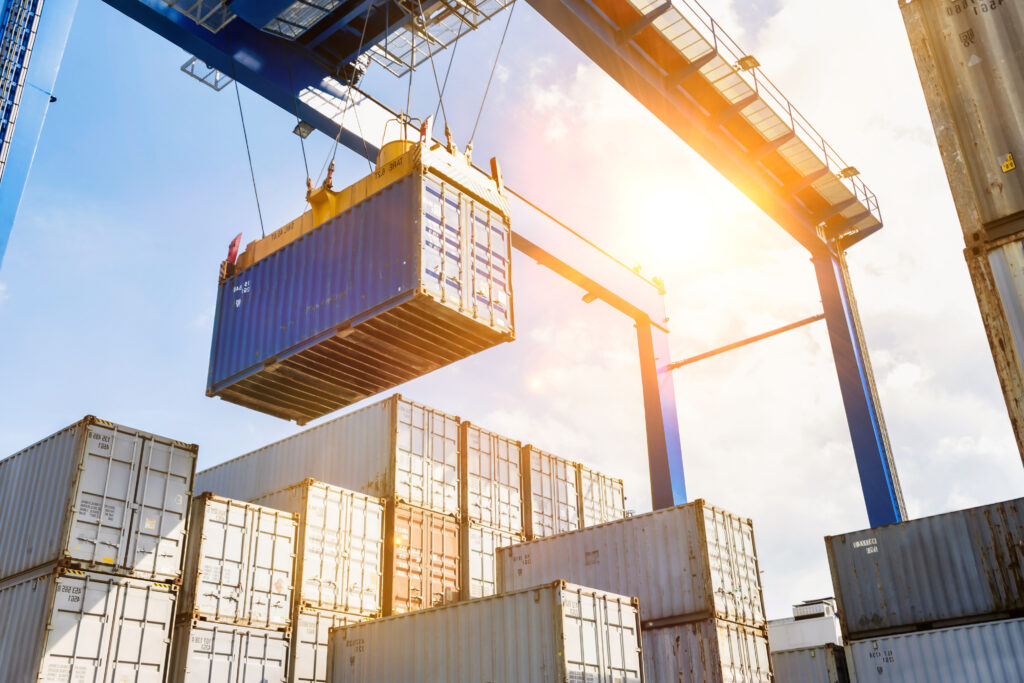30 Years and Beyond: The Evolution and Future of International Trade


Overview
In 2020, Brecon Foods celebrates 30 years in business. Since its start in 1990, Brecon has witnessed and navigated events and developments that both challenged and supported the growth of the international frozen food industry. Key among them has been the evolution of international trade.
Looking Back: The Last 30 Years
International trade has a long, rich history, with economic principles and theories dating back centuries. From wars to Trade Agreements, economic recessions to periods of high growth, global events have defined the progress of international trade and contributed to countries’ changing policies. Over the decades, trade has been guided by a range of policies from duties and tariffs to import quotas and qualitative restrictions. The complexity of continually assessing and adjusting trade policies precipitated the development of international trade organizations and trade agreements.
In the last 30 years, trade development has been faster than at any other time in history. Key events contributing to the course of international trade included:
• The fall of the Berlin Wall in 1989, leading to the re-integration of central and eastern European nations with western Europe and creating greater consumer freedom.
• The formation of the European Union in 1993, creating the world’s largest single market area with free trade among its members as one of its founding principles.
• The signing of the North American Free Trade Agreement (NAFTA) in 1994, creating a trilateral trade bloc between Mexico, Canada, and the United States—one of the largest trade blocs in the world.
• The creation of the World Trade Organization (WTO) in 1995, which has promoted preferential trade agreements, as well as a reduction in transport and communication costs across the globe.
• The expansion of global value chains (GVCs) in the mid-1990s, led by large manufacturers and retailers moving to outsource parts of production to different countries.
• And numerous other global agreements in telecommunications, financial services, and information technology.
The macro and micro effects of international trade have helped both global and local economies grow stronger. On a global scale, trade has maximized the use of raw materials, created more choice for consumers, prompted greater efficiency and economies of scale, and aided the development of industry sectors. At the local level, trade has helped reduce poverty, offered better standards of living, and created more and better jobs.
For decades, analysts and policymakers alike have gained a better understanding of the forces influencing the ebbs and flows in international trade and global economies. Historically, a combination of cyclical and structural factors has been the source of impact. Today, some of those factors include the availability of natural resources, advancements in large-scale production, and innovation in technology, particularly e-commerce.
As we enter 2021, vast phenomena are driving the need for the global economy to adjust to a “new normal” for international trade.
Looking Ahead: What to Expect in 2021 and Beyond
There is no doubt that 2020 will leave a mark on the global economy, and in turn, the next phases of international trade.
The COVID-19 pandemic has slowed economic activity, and precipitated vast technological change within our supply chain. In the coming year, the EU will redress the balance through its recovery fund and will be issuing grants and loans to propel clean technologies and improved digital infrastructure. In North America, investor sentiment remains strong and optimistic. Globally, low interest rates should produce the desired affect of rebounding the economy once the virus is under control.
The prospects for the global economy in 2021 depend largely on how much the virus continues to spread and how the roll-out of a vaccine takes shape. Many hope that because the health crisis is temporary, the financial distress will be, too. However, the direction of 2021 is not easily predicted given the continued uncertainty surrounding the pandemic and other fractious events globally.
While 2020 was unprecedented and extremely challenging, the pandemic has emphasized the importance in managing inequality, climate change, and financial imbalances. We must think beyond stock market performance to the real economy and consider our long-term responsibility for generations to come
Summary
The economic challenges that lie ahead will require commitment and accountability from policymakers and leaders worldwide, with a greater emphasis on long-term thinking to strengthen the global economy.
Brecon has endured 30 years of changes in international trade, relying on the strength of valuable relationships with global players. In the next 30 years and beyond, we are committed to nurturing and growing those relationships, working side-by-side to navigate the path ahead.





